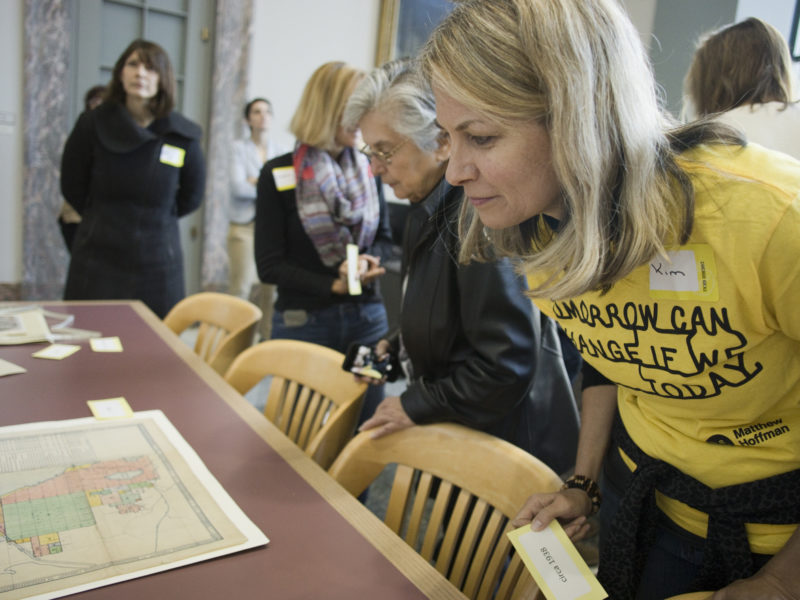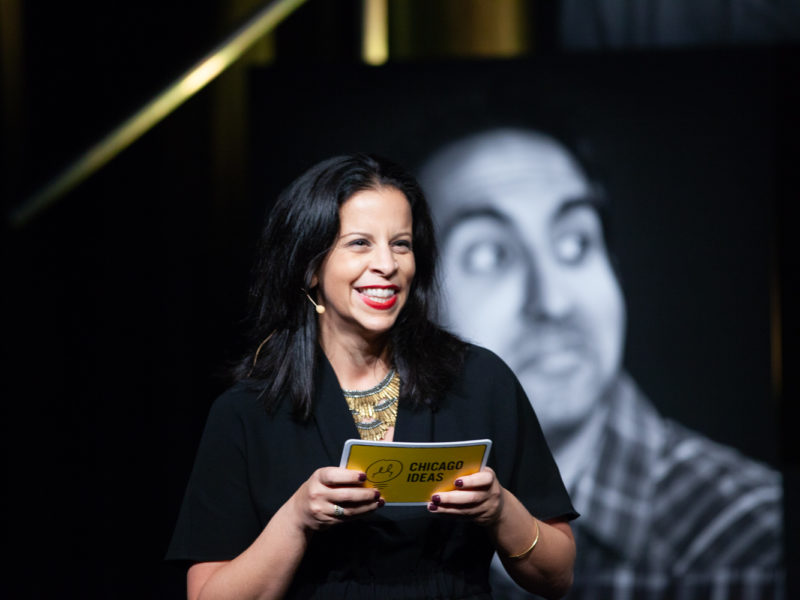
From Ask Jeeves to Siri, Data Platform comScore Has Evolved with the Internet
In 1999, when web data analysis service comScore first started collecting stats on Internet users, 150 million people worldwide were surfing the web. America’s “need for speed,” as CNN put it, created a rapid increase in high-speed Internet use—from 2 million lines in 1999 to 2.8 million mid-2000—but the dial-up jingle could still be heard in most U.S. households. MySpace’s creators were just beginning to fine-tune their online playground for angsty teenagers, Napster threatened to take down the music industry and e-commerce was a buzzword, if not a full-blown reality. It was also the end of an era for Ask Jeeves, even as the jaunty butler became the first “Net character” to grace a Macy’s Day parade float: Google officially transitioned from the beta stage it had been operating in since 1998, and the soon-to-be giant’s cannibalization of the Internet had begun.

ComScore Co-Founder Gian Fulgoni spoke on the ever-changing state of the Internet at CIW 2011.
Through all of these Internet twists and turns, comScore has been there, tracking trends and usage via its panel of over two million users worldwide. Since 1999, comScore Co-Founder and CIW speaker Gian Fulgoni, alongside Co-Founder Magid M. Abraham, have steadily grown the data network into the Nielsen of web data, a treasure trove of information for content providers, digital ad services and—yes—e-commerce. Now, comScore has set its sights on becoming Nielsen, period.
“The big thrust for us now [is] to measure cross-platform behavior including TV,” Fulgoni said in a recent phone interview, adding, “If you want to watch Saturday Night Live, you can go to Hulu and watch it. The content owners need to know: How big is the audience beyond television?” Through all of these Internet twists and turns, comScore has been there, tracking trends and usage via its panel of over two million users worldwide. Since 1999, comScore Co-Founder and CIW speaker Gian Fulgoni, alongside Co-Founder Magid M. Abraham, have steadily grown the data network into the Nielsen of web data, a treasure trove of information for content providers, digital ad services and—yes—e-commerce. Now, comScore has set its sights on becoming Nielsen, period.
The availability of streaming services like Hulu, Netflix and YouTube represent one arm of the Internet’s evolution over the past 15 years. The continued rise of online shopping represents another. But perhaps the biggest change is the migration to mobile: Over 60 percent of Internet usage is via mobile—and most of that via mobile apps—a number that was unthinkable even four years ago when Fulgoni spoke at Chicago Ideas Week.
The introduction of smart phones is a change to the very fabric of the Internet—the “biggest change since the creation of the Internet,” Fulgoni underlines—and woven into all of this is the increasing relevance of digital advertising. Retailers, content providers and publishers are scrambling to catch up, “whereas for the big social network companies, it seems to be creating nothing but opportunity.” After all, it’s not as easy, or mindless, to read The New Yorker on your phone, as it is to go through a Facebook album featuring your high school classmate’s newborn.
“If you look at the ad revenue for those [social network] companies, the majority is coming from mobile apps,” Fulgoni noted.
ComScore’s endurance points to its platform’s amazing flexibility in a tech industry that has gone from MySpace to Facebook and Instagram, Ask Jeeves to Google and Siri over the span of just 15 years. A recently announced partnership with London-based Kantar will help it continue to evolve with the increasingly global Internet. The partnership gives comScore’s access to a panel of users across Europe: “You have to be global today. That’s another reality that we had no idea of when we started,” Fulgoni said.
“It’s interesting as I look back,” Fulgoni continued. “All of these things came about because either Mark Zuckerberg developed Facebook or a client called us up and said, ‘We’re concerned whether we’re getting what we bought with a digital ad.’ Or Apple created the iPhone…. That’s the way [comScore] evolved…not with us in ’99, sitting there knowing what was going to be needed.”





Pingback: This Week on the Internet | Chicago Ideas Blog